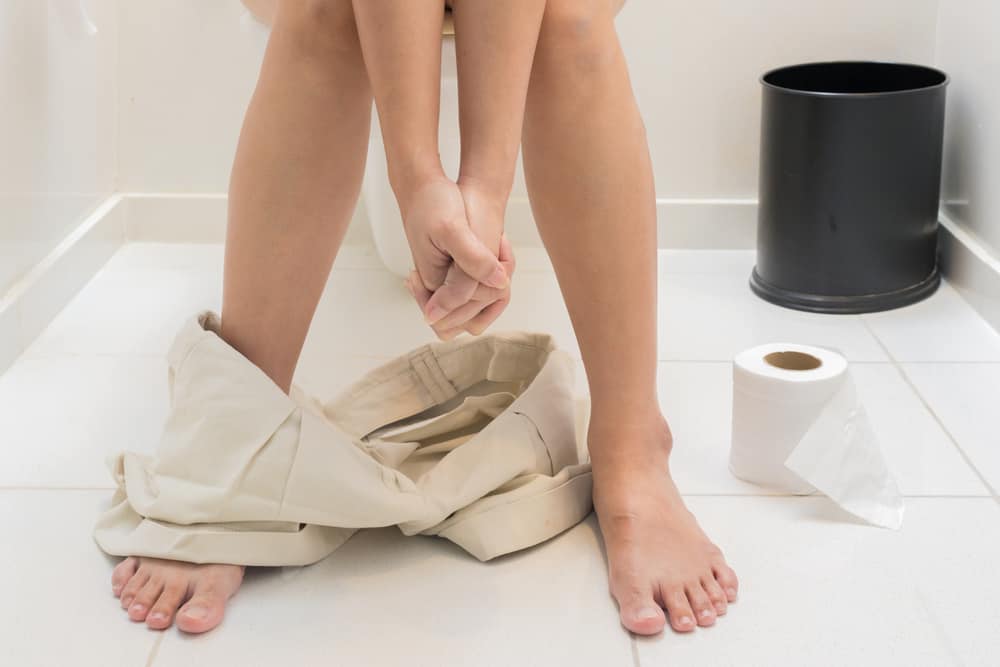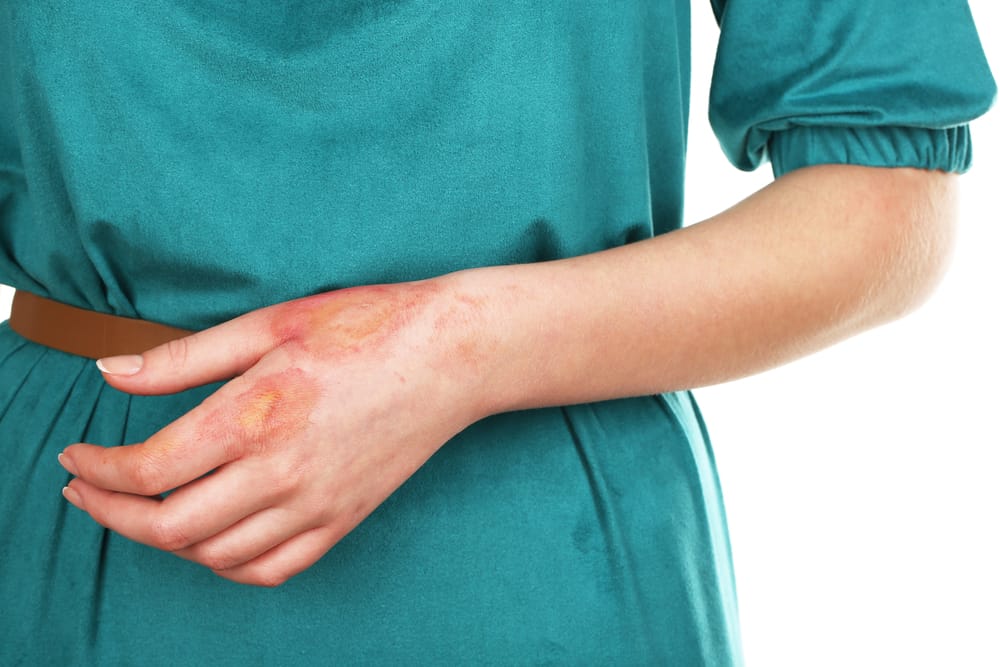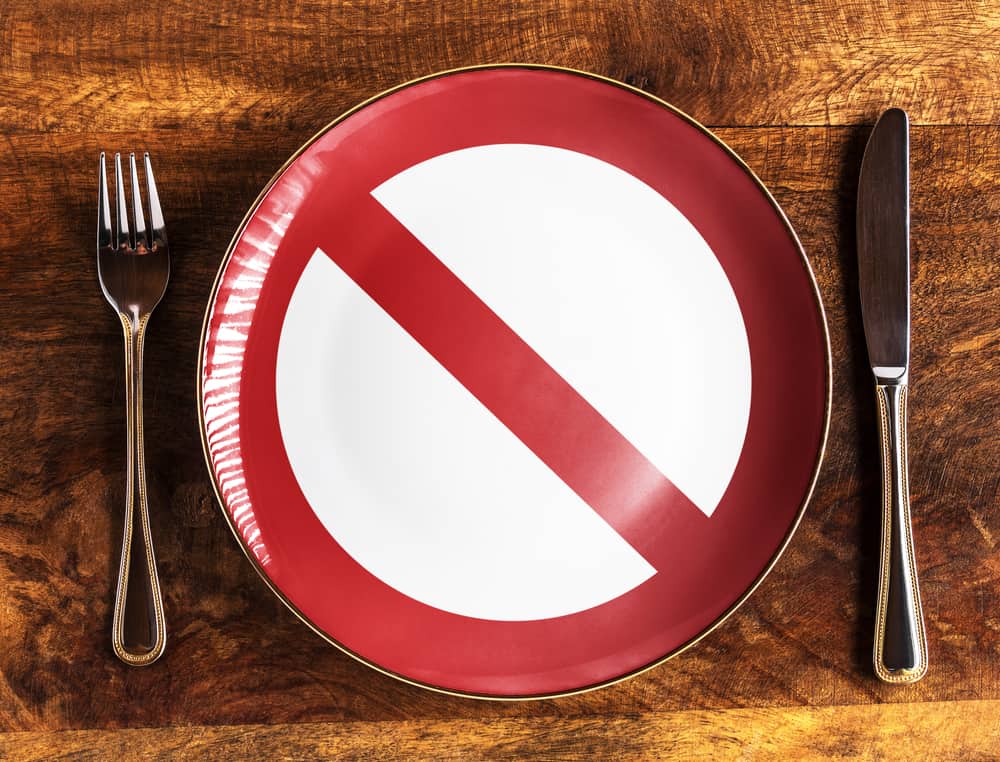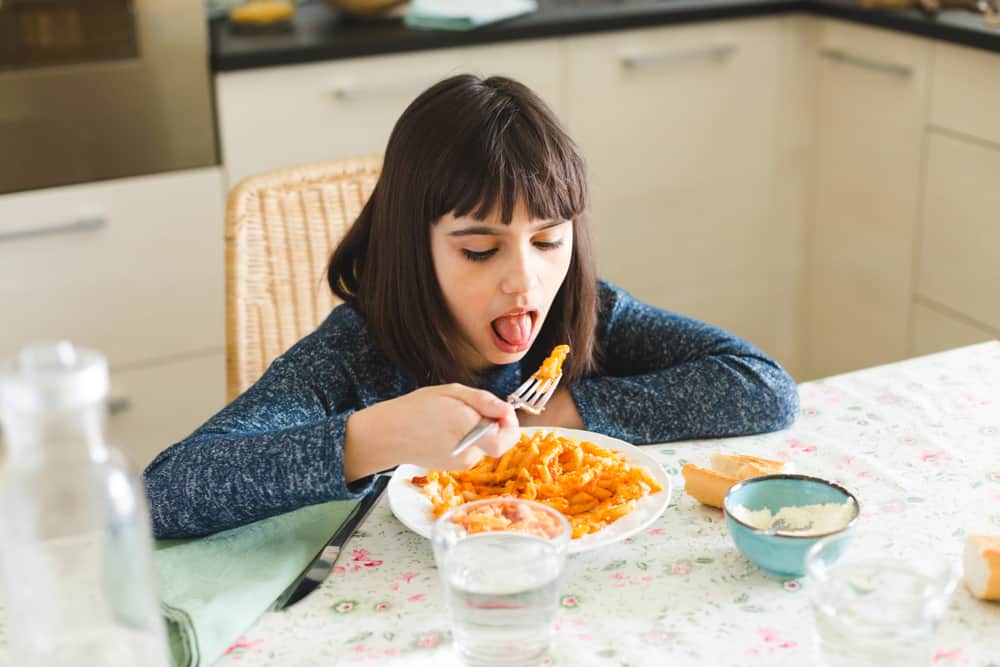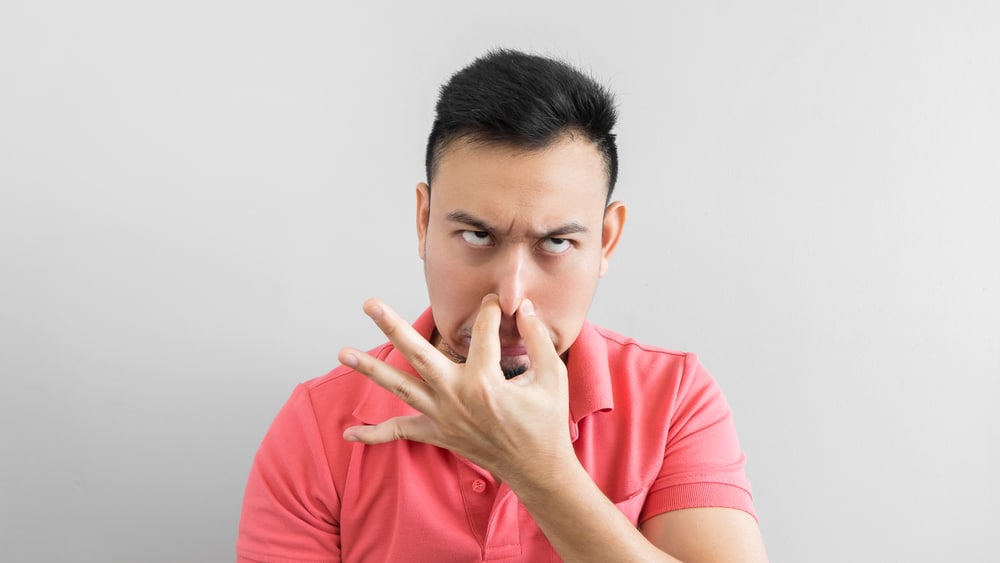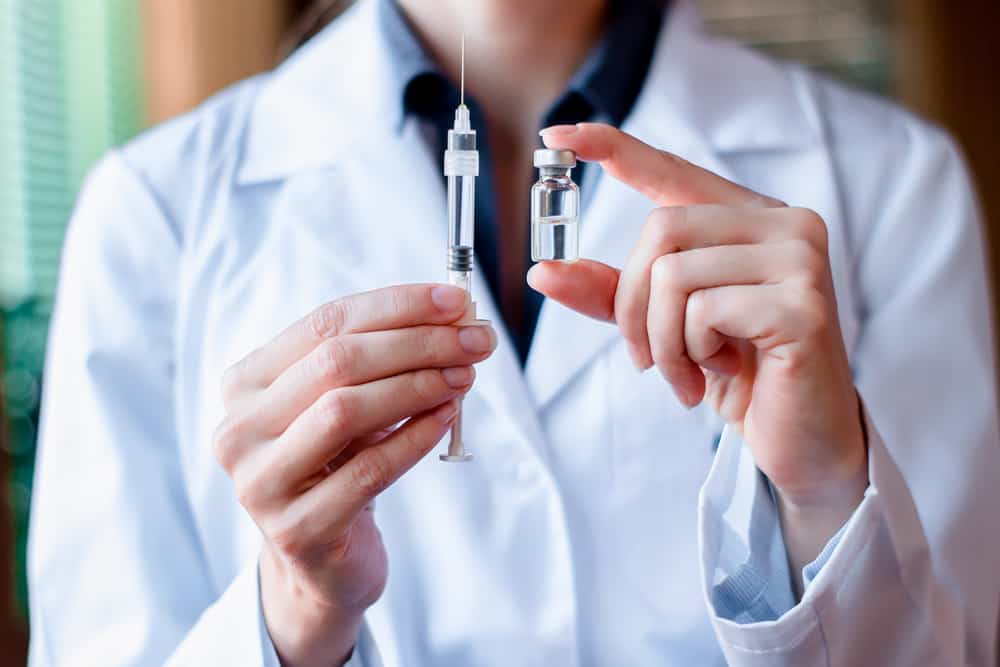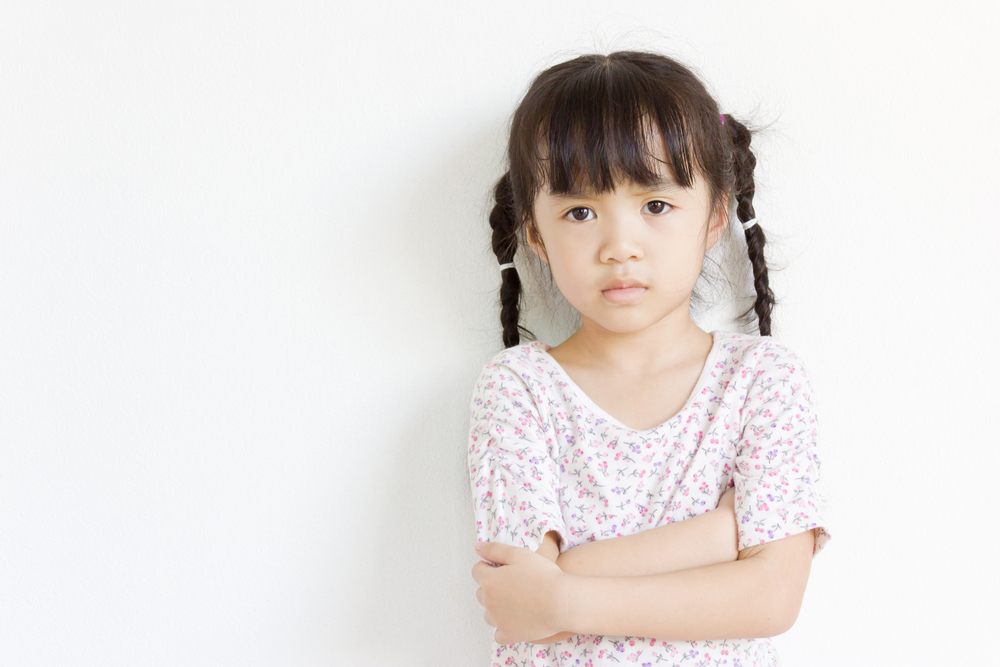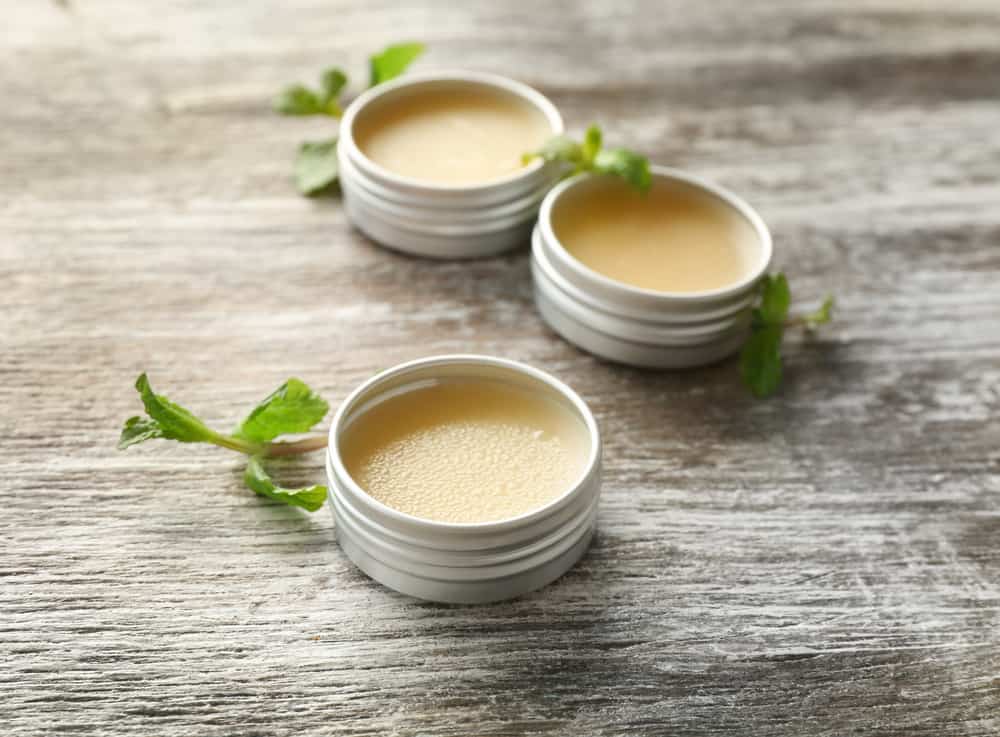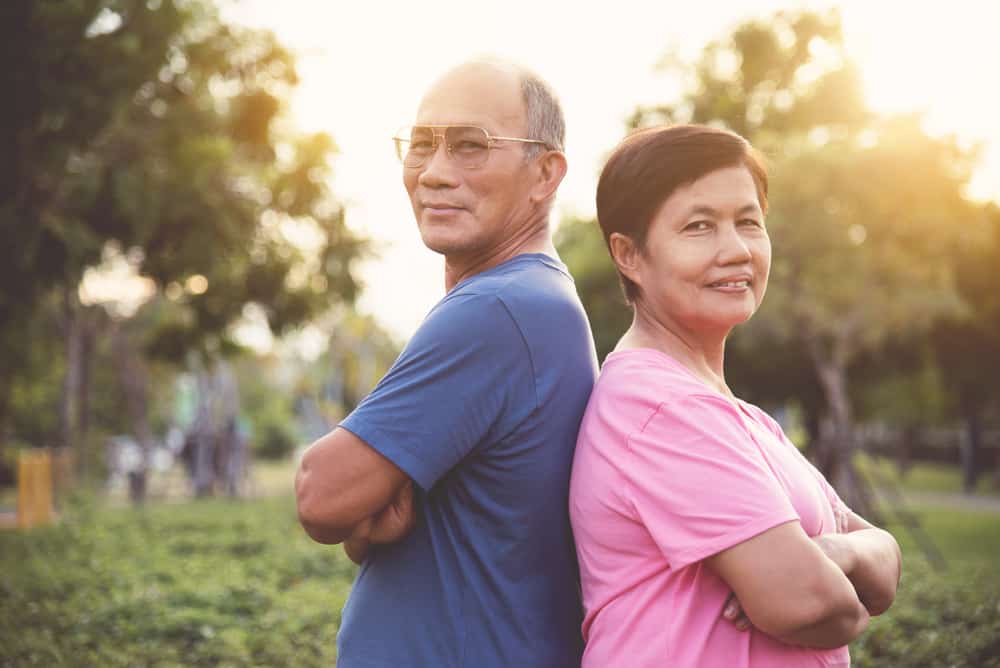Contents:
- Medical Video: Stop Smoking : How to Rebuild the Lungs After Quitting Smoking
- The main trigger for smoking: alcohol
- Coffee and caffeine
Medical Video: Stop Smoking : How to Rebuild the Lungs After Quitting Smoking
Smokers who are trying to stop will generally crave nicotine. There are several ways to minimize the desire to smoke. However, it is not realistic to think that you can immediately get rid of it all. Of course, you can control it.
Feelings of wanting to smoke will decrease after a few weeks. Not that you will not experience difficulties. Sometimes, you will feel like the desire to return to smoking doesn't go away. Take it easy because these desires will diminish over time.
In many situations, thoughts and feelings can cause the desire to return to smoking appear. Situations and circumstances vary from each smoker.
The main trigger for smoking: alcohol
Parties, hanging out with friends, and other situations involving alcohol can trigger a desire to smoke and potentially make it difficult for smokers to quit.
This can be difficult to control because alcohol can reduce self control and make it difficult for us to make good decisions. Alcoholic drinks at events such as parties can be risky for smokers who want to quit.
But you can stop smoking even though the situation seems impossible to overcome.
Coffee and caffeine
Caffeine is often associated with cigarettes. Many smokers claim they smoke while enjoying a cup of tea or coffee. This can be a trigger for the desire for nicotine.
Not only caffeine itself can trigger the desire to smoke. Drinking caffeinated drinks combined with situations such as gathering with friends, or drinking tea or coffee in the morning while smoking, can trigger your desire to smoke.
There are many examples of causes for smoking, and knowing what causes you to increase your desire to smoke can help.
Remember that you can still enjoy a cup of tea or coffee without smoking.
Here are some methods that help and are effective in avoiding the urge to smoke.
- Avoid or reduce alcohol. This is the simplest way to avoid the desire to smoke. If possible, temporarily avoid alcohol-related situations. You can replace it with a drink without alcohol. If you find it difficult to immediately stop drinking alcohol, you can choose to drink only one glass of alcohol, and choose another drink for the second glass.
- Ask for support. If you need to attend an event involving alcohol, ask a friend to support you in your attempt to stop smoking during the event.
- Look for friends who are non-smokers. At a bar or club, join a friend who doesn't smoke than going out to the room to smoke.
- Ask for help from smoker friends. If you know friends of smokers who will attend a certain event, ask their help not to offer cigarettes, even if you ask for it.
- Avoid or reduce caffeine. If possible, avoiding coffee or tea for a while can help. If you are trying to quit smoking, it is recommended to reduce caffeine intake by half.
- Avoid coffee break habits. If your smoking routine is to socialize with smoker friends during coffee or tea breaks, avoid that person for a while, or relax in other non-smoking areas.
- Drink another drink. Replace your caffeinated drinks with decaffeinated drinks such as warm chocolate.
- Make an area without tobacco. Make sure there is no tobacco at home, and if you live with smokers, tell them not to smoke in front of you, and not to give you cigarettes.
- Have a strong desire. Do not underestimate your intentions and self-motivation, because if your wishes are weak, any strategy will not help.
- Use Nicotine Replacement Therapy (NRT). Remember that drinking alcohol together with therapy can reduce the level of absorption and effectiveness of therapy; good reason to avoid alcoholic drinks.
keep in mind: The desire to smoke will disappear if you give it a chance.
Hello Health Group does not provide medical advice, diagnosis or treatment.


